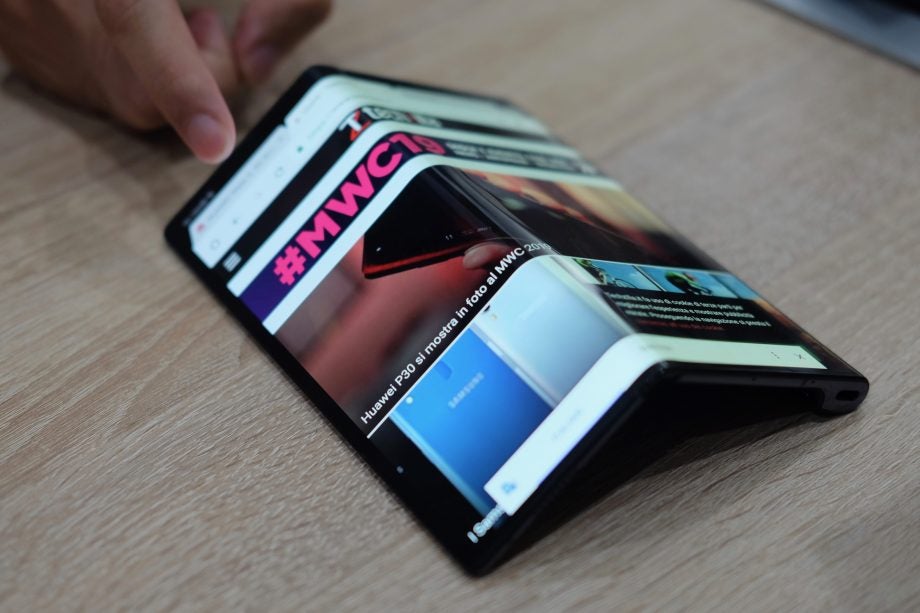Corning is working on bendy glass for better folding phones

The first batch of folding phones is nearly available to buy. But despite their futuristic party trick, smartphone connoisseurs will notice something a little outdated about them: they use plastic on the screens, rather than the glass that we’ve come to expect in our handsets.
There’s an obvious reason for this: plastic is happier being folded and twisted. But Corning, the glass supplier for Apple and others, is working on a bendable version of its product. It hopes for it to be available in the next two years – by which time the concept of a foldable phone will have presumably had time to either sink or swim.
Related: Best smartphones
In an interview with Wired, Corning’s general manager John Bayne highlighted the predictable difficulty in making glass that folds: it needs to be thin enough to bend, but sturdy enough to protect the display underneath.
“In a glass solution, you’re really challenging the laws of physics, in that to get a very tight bend radius you want to go thinner and thinner, but you also have to be able to survive a drop event and resist damage,” he explained. “The technical challenge is, can you keep those tight 3- to 5-millimetre bend radii and also increase the damage resistance of the glass. That’s the trajectory we’re on.”
Related: Folding phones
The target, apparently, is 0.1mm thick, and that could make a foldable phone around 6mm to 10mm thick. For reference, the Samsung Galaxy Fold will be 6.9mm thick when open, but up to 17mm thick when closed.
The company is getting closer. “We have glasses we’ve sampled to customers, and they’re functional, but they’re not quite meeting all the requirements.
“People either want better performance against a drop event or a tighter bend radius. We can give them one or the other; the key is to give them both.”
Is plastic good enough for a folding phone, or are you willing to wait for glass? Let us know what you think on Twitter: @TrustedReviews.


